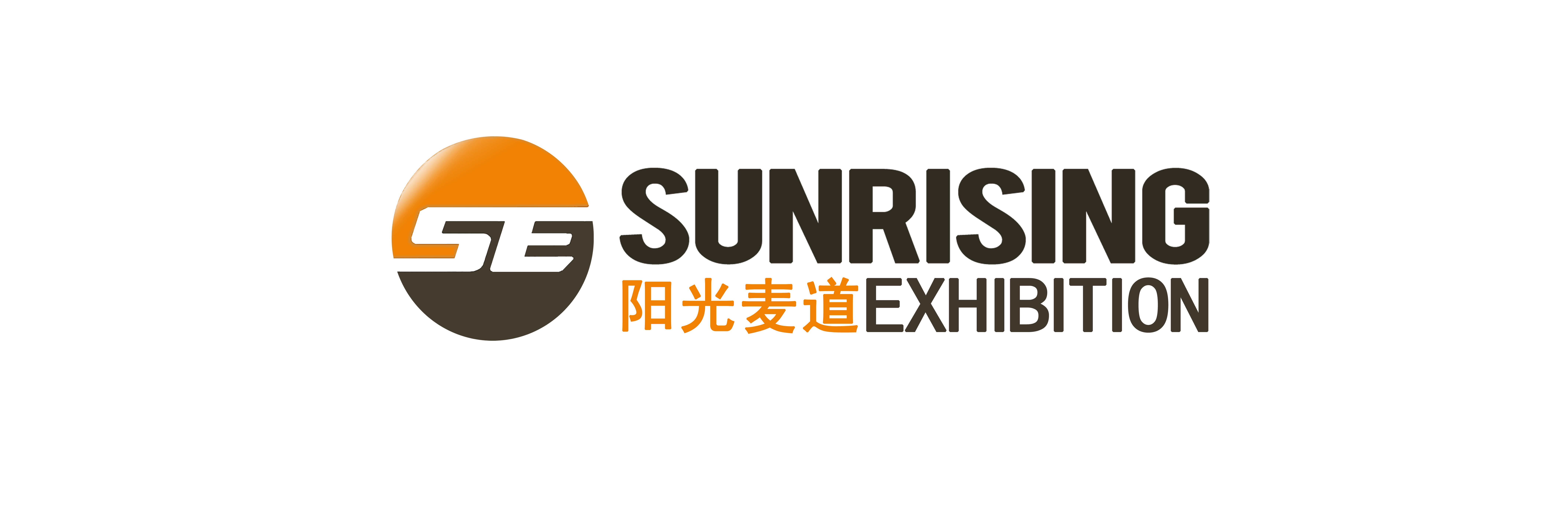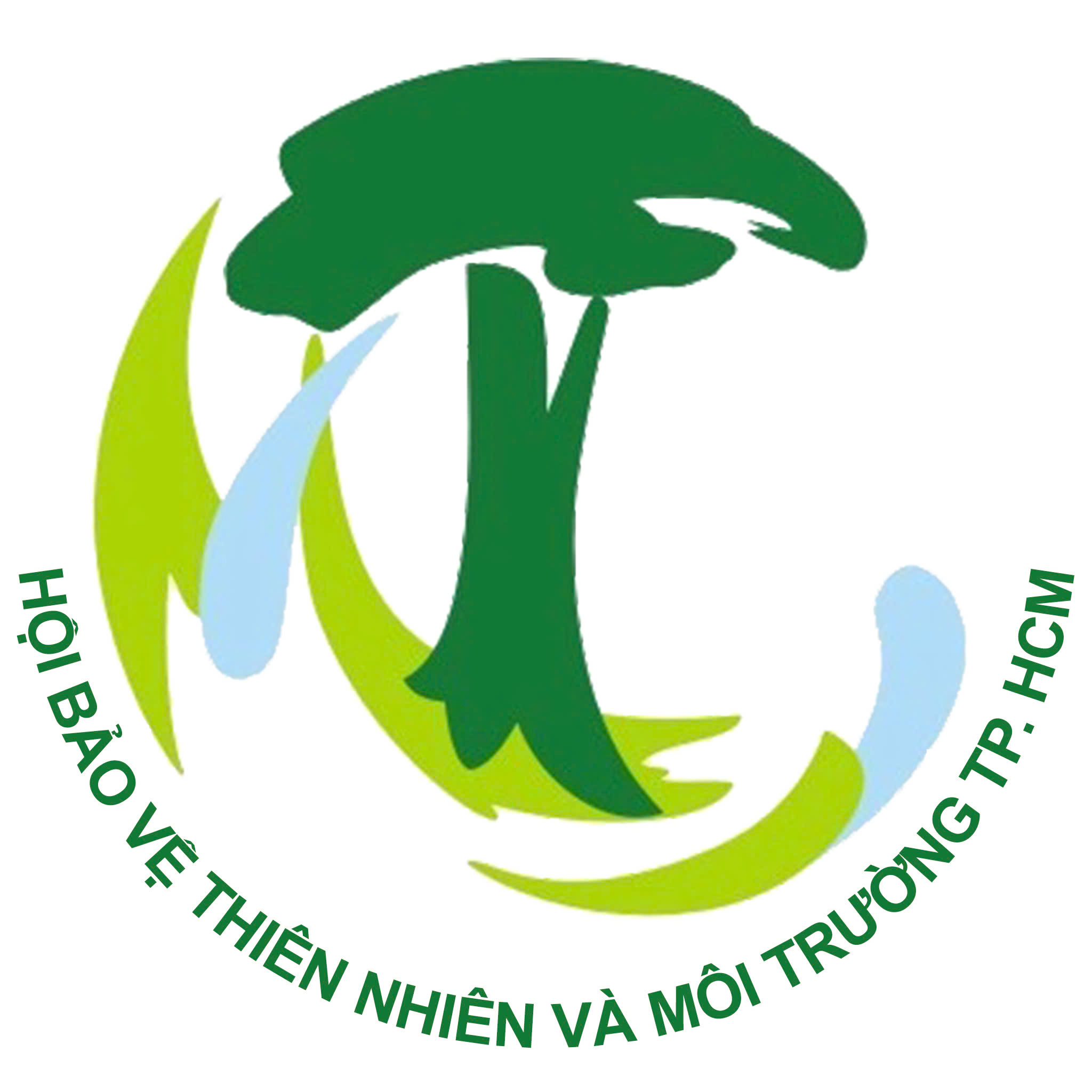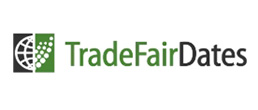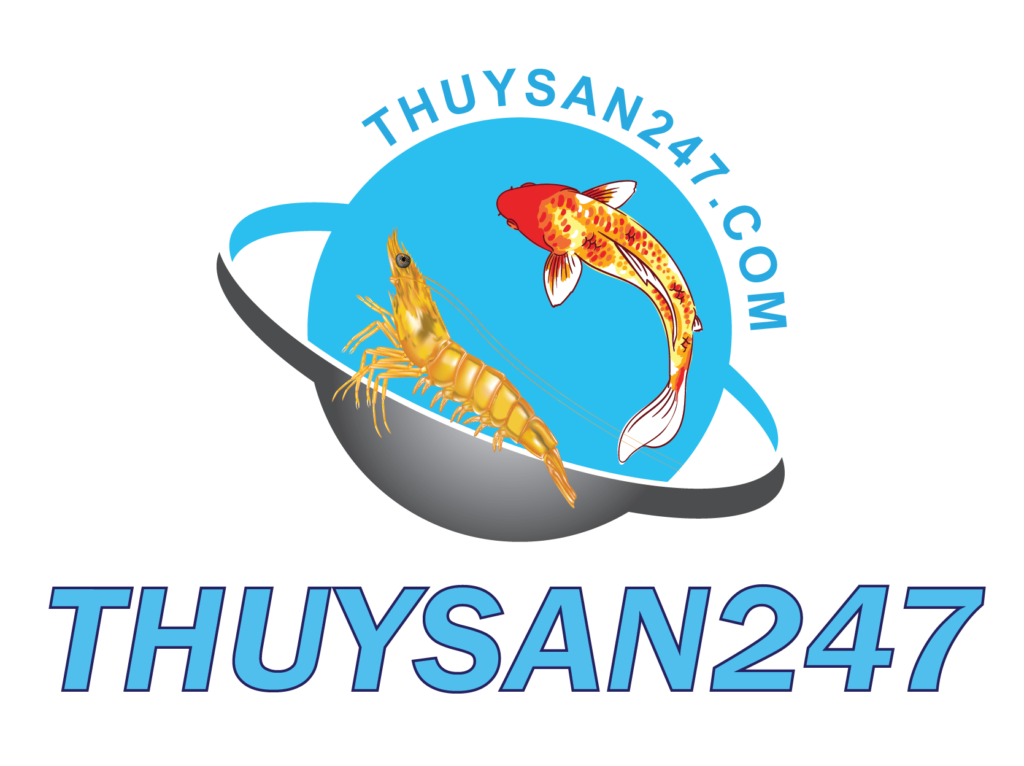Pham Minh Lan, Head of Fertilizer Management (Plant Protection Department, Ministry of Agriculture and Rural Development), said that the production and consumption of inorganic fertilizers in the EU accounts for only about 8% of the global production, but fertilizer production technology in this area is highly developed.
According to statistics, imported fertilizer from the EU currently accounts for 5.5% (in both volume and value) of Vietnam’s total imported fertilizer, equivalent to 0.22 million tons and worth USD 73 million, mainly of which are: urea (SA), accounting for 35.5%, potassium fertilizer 17.5%, compound fertilizer 11.4%, NPK compound 9.8% and organic fertilizer 6.3%, etc.
Each year, Vietnam exports about 0.75 million tons of commercial fertilizer (worth USD 240 million) to 47 countries, including five EU countries (Italy, the Netherlands, Spain, Slovenia, Portugal). Although the export value of fertilizer to the EU is not high (only USD 2.4 million, equivalent to 10.2 thousand tons / year, accounting for 1% of the total value of exported fertilizer), some of Vietnam's organic and inorganic fertilizer products have met the rigorous standards of this market.
When EVFTA comes into effect and fertilizer import and export tax is exempted, fertilizers imported into Vietnam from the EU such as urea, DAP, MAP, and organic fertilizers being produced and consumed in the domestic market will have a more competitive advantage than fertilizer which does not enjoy tax policy advantages. If EU standards are met, there are many opportunities for Vietnam's fertilizer industry to break through.
As for organic fertilizer, Vietnam is importing from 33 countries in the world (about 0.25 million tons, worth USD 45 million), of which 42% is imported from nine EU countries (the Netherlands, Belgium, Italy, Ireland, Romania, Germany, Spain, Latvia, France). According to statistics, organic fertilizers imported from the Netherlands and Belgium account for 90% of organic fertilizers imported from the EU and 38% of total organic fertilizers imported into Vietnam. In recent years, the organic fertilizer market in the EU has grown strongly.

The main reason is that members of the European Union have been actively implementing measures to reduce greenhouse gas emissions and protect the environment, so the consumption of inorganic fertilizers tends to decrease gradually over the years (forecast to decrease by 1.8% / year, some countries such as France, Germany, and Spain have reduced their use of agricultural chemicals by 30%).
On the other hand, the EU will soon promote the development of technology for production and use of organic fertilizers. This is an opportunity for Vietnam's fertilizer industry to promote the development of organic fertilizer.
Taking advantage of EVFTA
Vice Chairman of Vietnam Fertilizer Association Phung Ha said that participating in FTAs, including EVFTA, has brought positive impacts to fertilizer industry, helping the industry diversify export and import markets.
Due to incentives offered by FTAs, the amount of investment capital in Vietnam will increase, and businesses will have the opportunity to acquire advanced science and technology from developed countries.
In order to create favorable conditions for fertilizer enterprises to take advantage of the FTAs, the authorities need to have a roadmap to terminate and limit the use of chemicals in agriculture.
At the same time, the Government should soon publish a set of national standards on organic fertilizer. In order to take advantage of the opportunities brought by EVFTA, Mr. Pham Minh Lan said that the authorities need to propagate and disseminate strongly for fertilizer enterprises to approach and fully understand the content and nature of the EVFTA to act immediately, proactively research information, formulate a medium and long-term business plan, promote products to integrate into the EU market.
Businesses need to constantly improve product quality to meet EU standards, carefully research and update commodity policies, find out technical barriers, origin of goods, customs procedures, geographical indications, trade and economic laws of each EU member to avoid risks in goods trading, etc. At the same time, businesses also need to respect and commit to goods quality, participate in the value chain, and create trust when cooperating.
Source: nhandan
 English
English
 Vietnamese
Vietnamese








